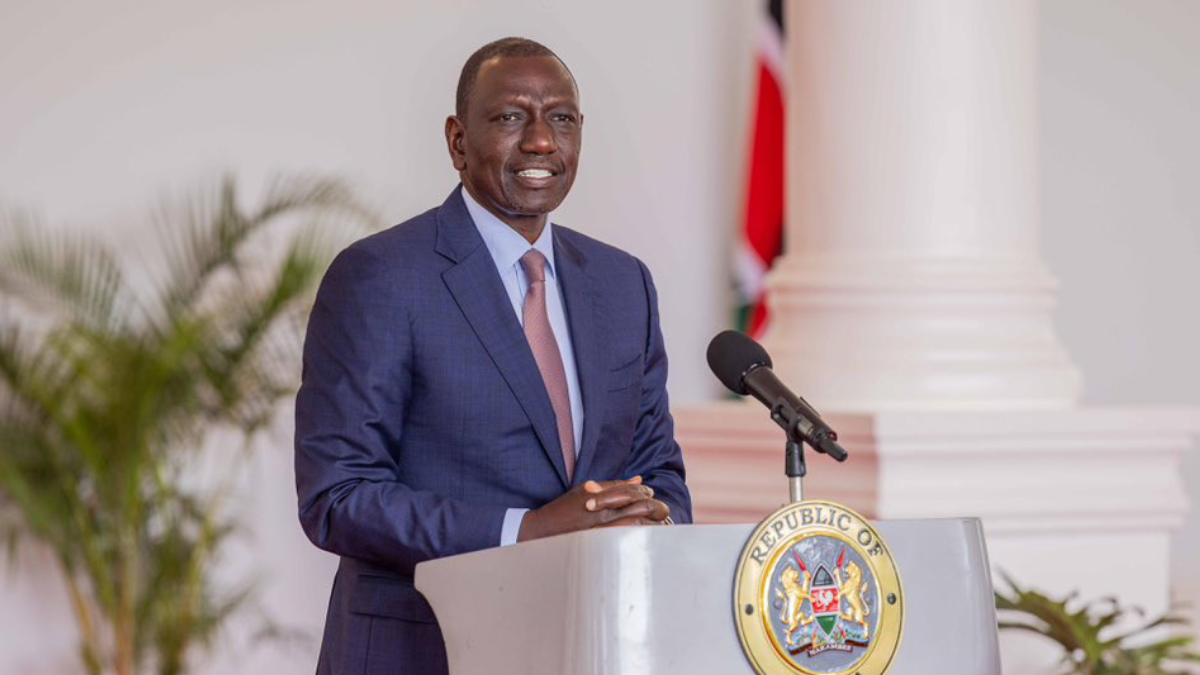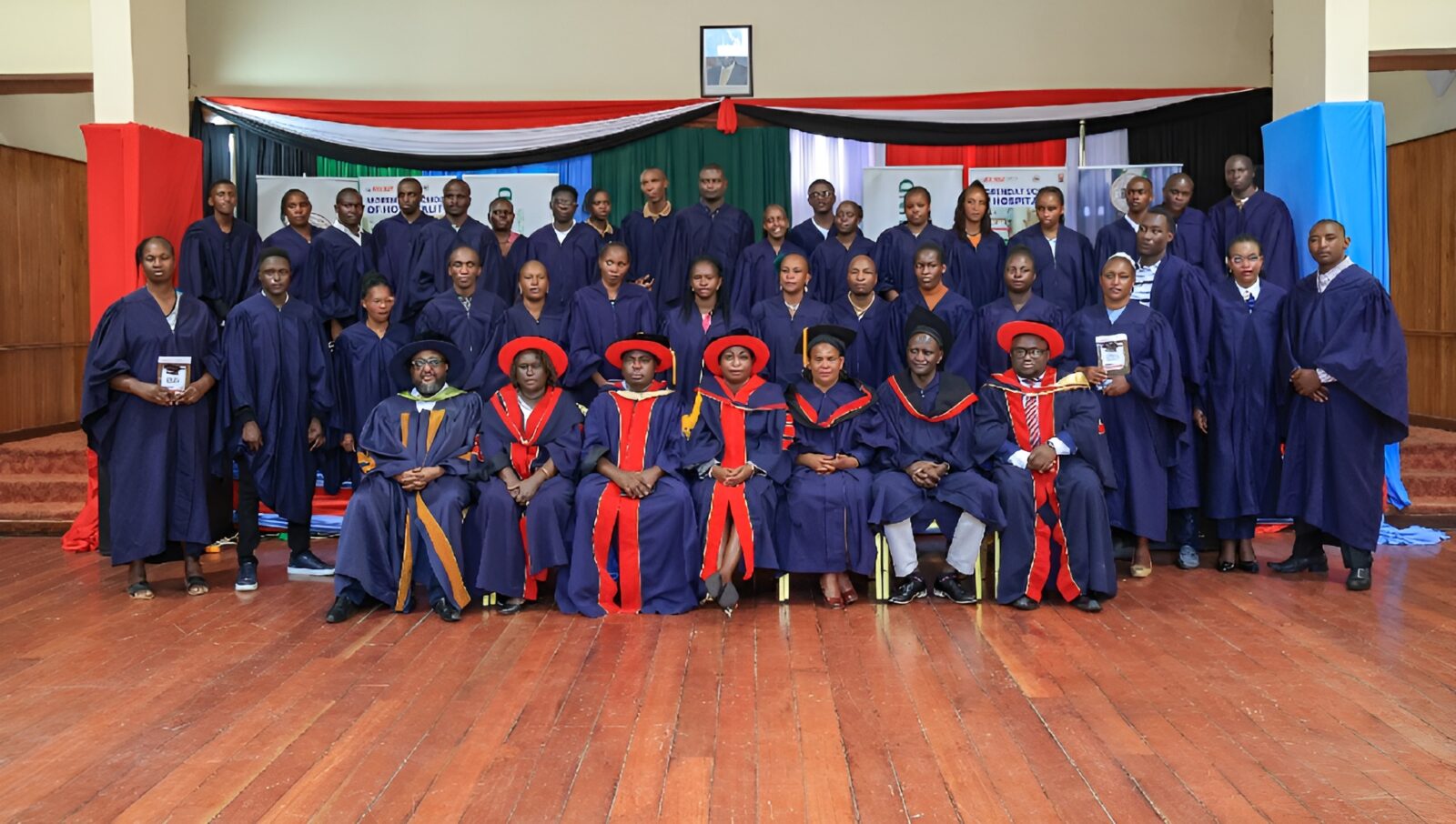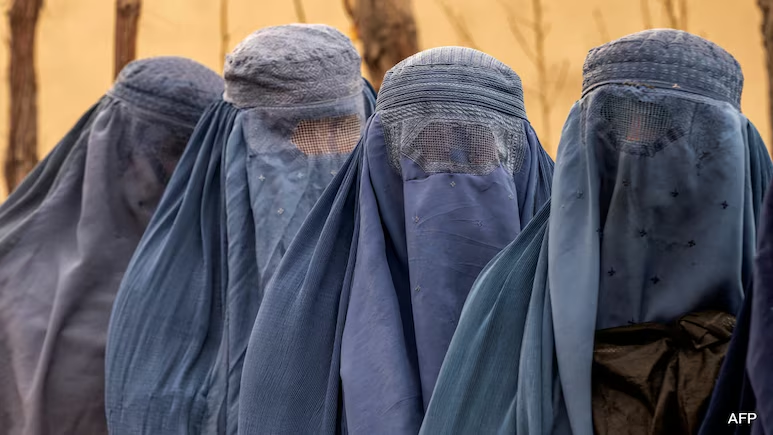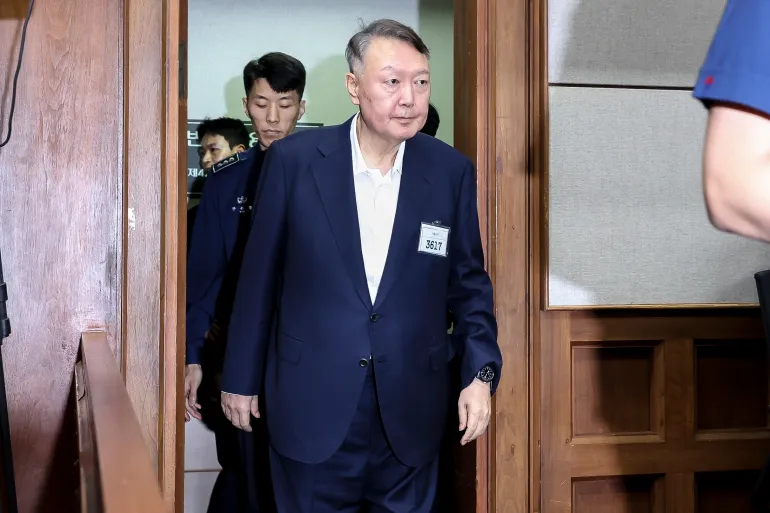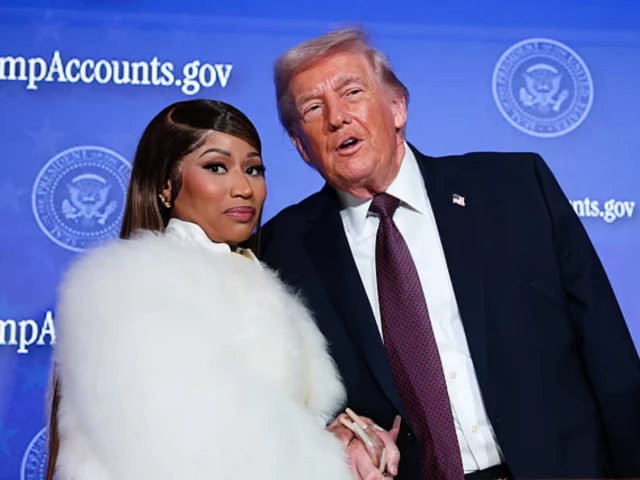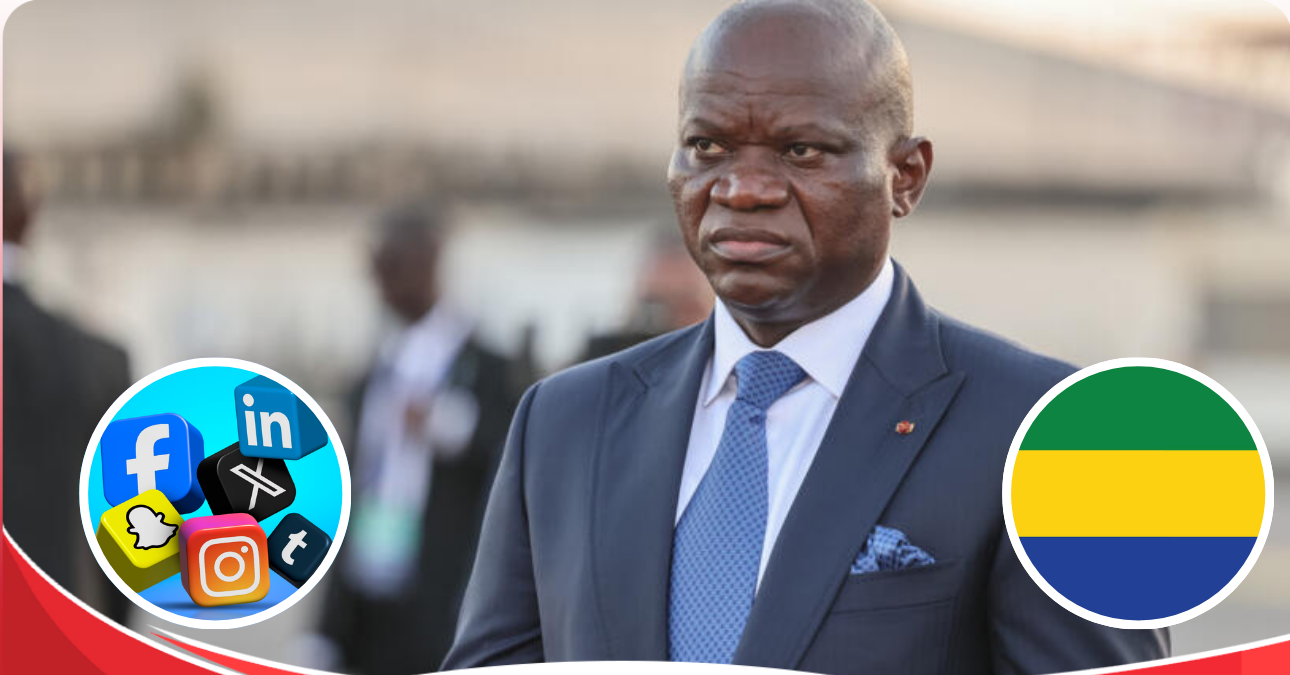The cooperation between Kenya and the United Arab Emirates (UAE) is gathering steam with the anticipated visit of His Highness Sheikh Mohammed bin Zayed Al Nahyan scheduled to take place before December this year.
Trade between the two countries has significantly increased over the last decade and with the signing of seven Memoranda of Understanding (MoUs) in January by President William Ruto and Nahyan, has cleared the path for more economic and investment opportunities for the two countries.
Through the agreement referred to as the Comprehensive Economic Partnership Agreement (CEPA), the two countries have started experiencing open markets, reduced trade barriers, increased non oil trade and investments in fields such as Information Communication Technology (ICT), banking, tourism, renewable energy, infrastructure and carbon markets.
“The CEPA will unlock opportunities for our businesses and create jobs for our youth while positioning Kenya as the gateway to East Africa,” said President Ruto during the signing of the MoU in Abu Dhabi earlier this year.
Kenya is also pacing up to utilize the CEPA to diversify its exports especially in areas like leather, textiles, processed foods with the agreement geared towards deepening trade ties, simplify customs procedures, and promote industrialization and regional value chains.
The agreement aims to remove various barriers that have impeded the economic transformation by eliminating tariffs on over 80% of traded goods between the two countries with Kenya eying to increase its exports to the UAE by up to 40% within five years.
“For instance, in 2023, Kenya exported Sh. 9.9 billion worth of meat and Sh. 10.8 billion in fruits and vegetables in the UAE and the agreement seeks to double these exports and many other products since the trade barriers have been removed,” stated Government spokesperson Dr Isaac Mwaura in a past press briefing.
He added that, “CEPA goes beyond trade in goods but we are unlocking other service providers in education, transport, construction and ICT and also paves way for technology transfer and collaboration, positioning Kenyan businesses to compete globally.”
The UAE is Kenya’s top trading partner in the Gulf region with a bilateral trade volume worth 3.4 billion US Dollars in 2023 and is Kenya’s third largest trading partner globally with the main exports to Kenya being petroleum products, machinery, vehicles, and electronics.
Kenya on its part exports tea, coffee, cut flowers, fruits, and vegetables to the UAE and currently seeks to diversify and increase the exports through the help of the Dubai Chamber of Commerce international representational office in Nairobi.
Agriculture remains a cornerstone of Kenya’s economy, contributing approximately 25% of Gross Domestic Product (GDP), while the services sector accounts for 53.6%, making both areas prime targets for bilateral investment and collaboration.
UAE companies have invested in Kenya’s energy, ports, logistics, and real estate sectors with DP World, a multinational logistics company operating logistics hubs and dry ports in Nairobi and Mombasa and this owes to Kenya’s strategic geographic location that positions it as a gateway into the EAC and COMESA regions.
The UAE’s world-class logistics infrastructure, investor-friendly regulatory environment, and global connectivity offer Kenyan enterprises a powerful platform for expansion into the Gulf and beyond with Kenya’s dynamic private sector, expanding infrastructure, and renewable energy ambitions that present fertile ground for Emirati investors seeking long-term growth in Africa.
It is estimated that there are approximately 33,000 Kenyans living and working in the UAE in various sectors including hospitality, security transport, ICT, aviation industry and education as teacher assistants and there CEPA will enhance and allow skilled Kenyan workers in health sector, including doctors, nurses and lab technicians to access the UAE labour market.


